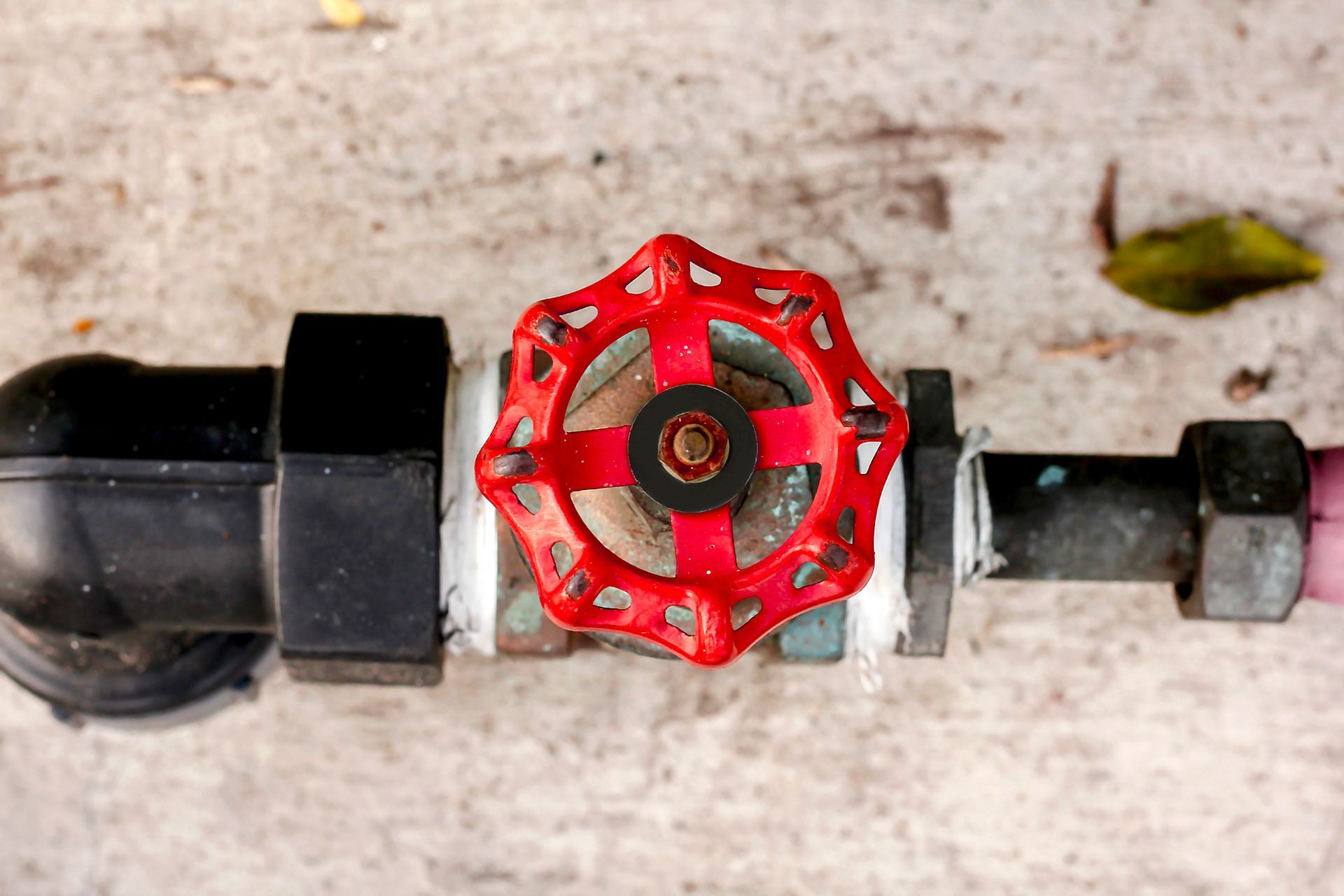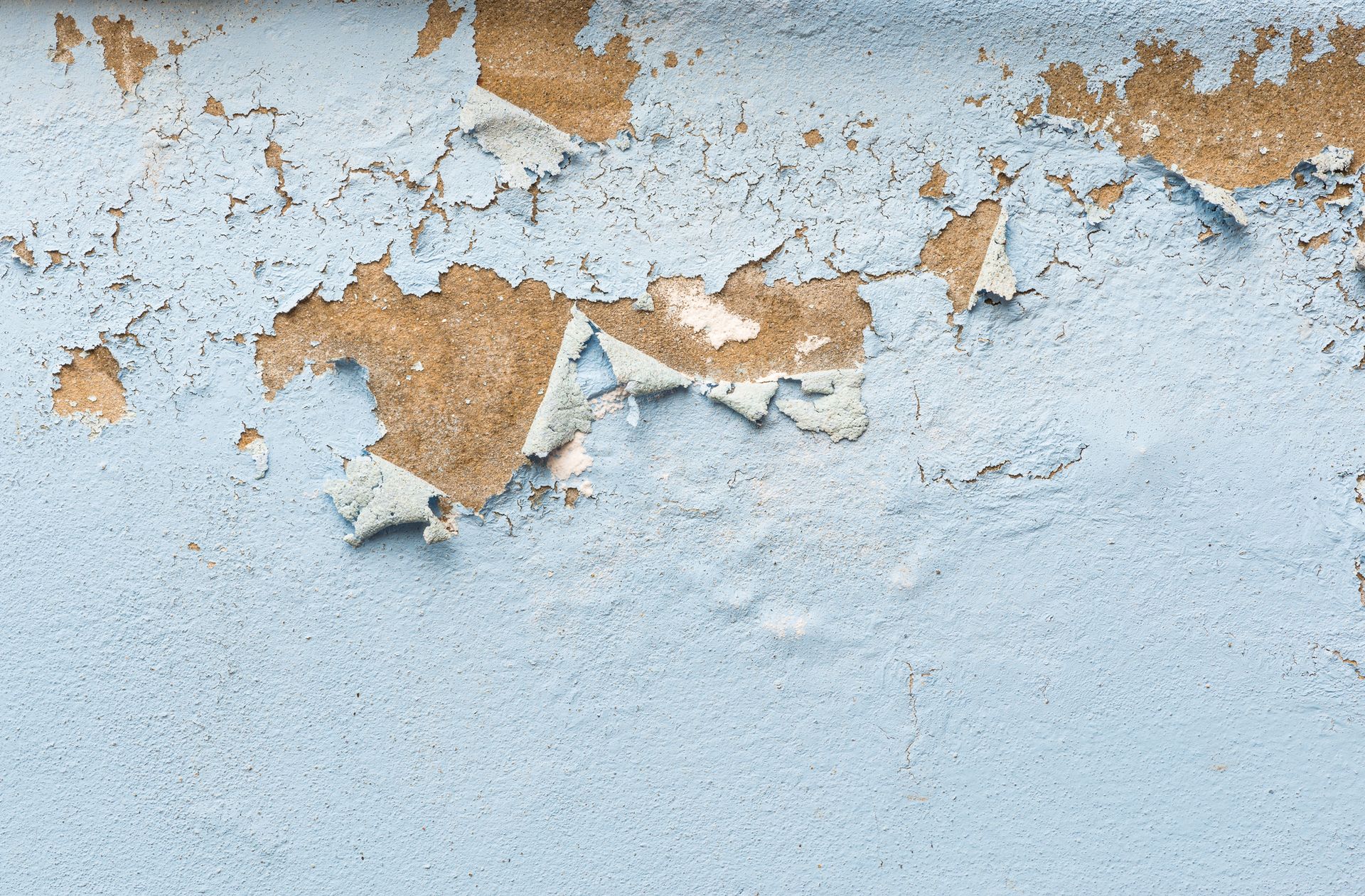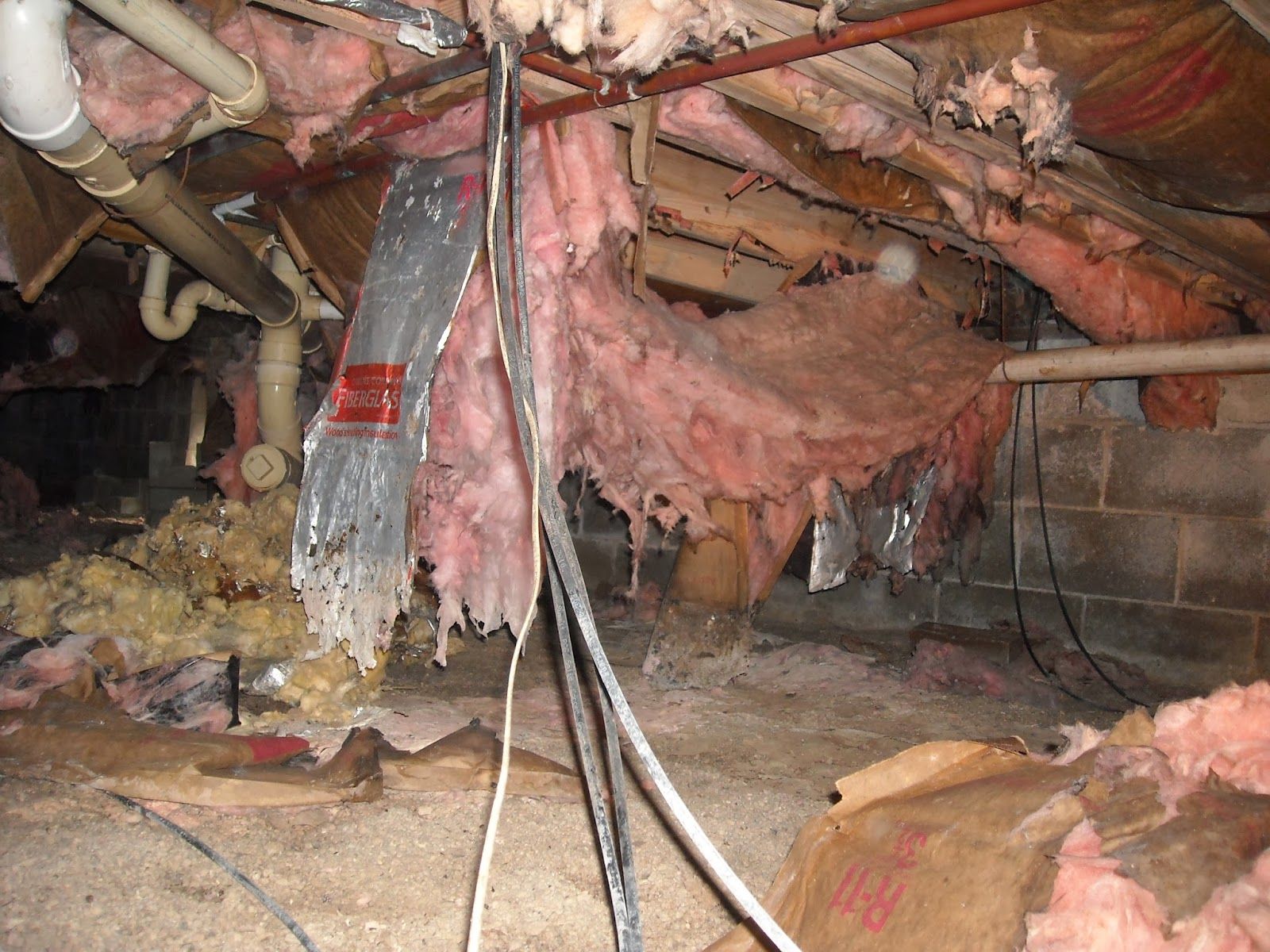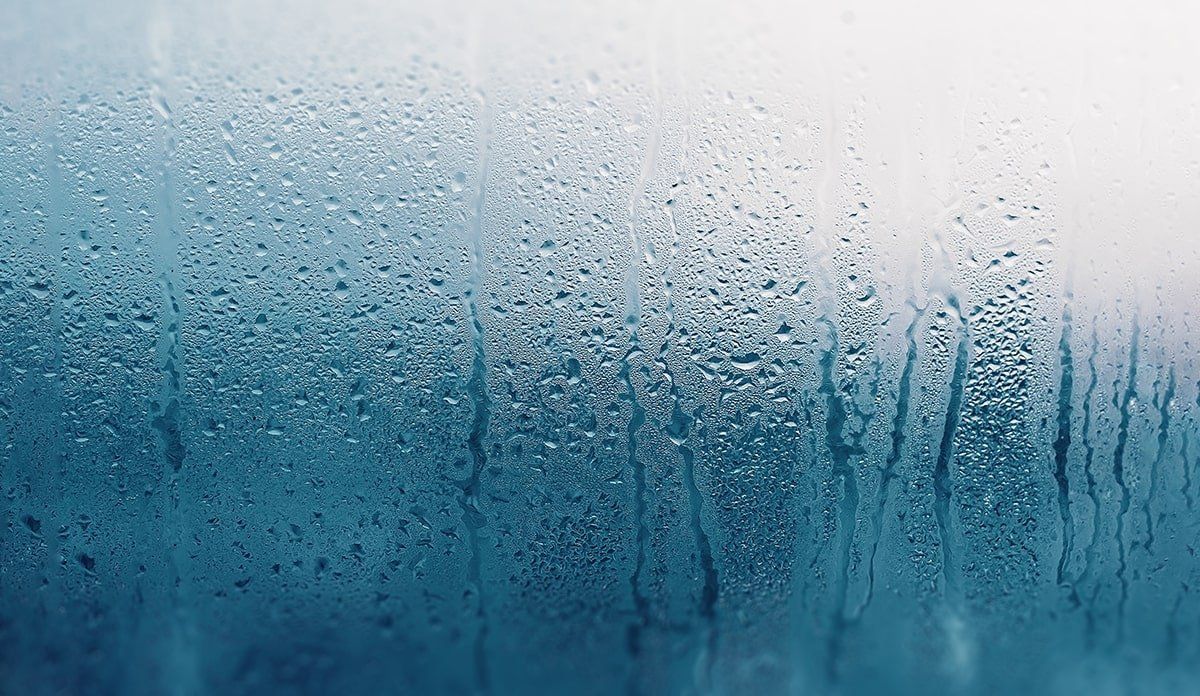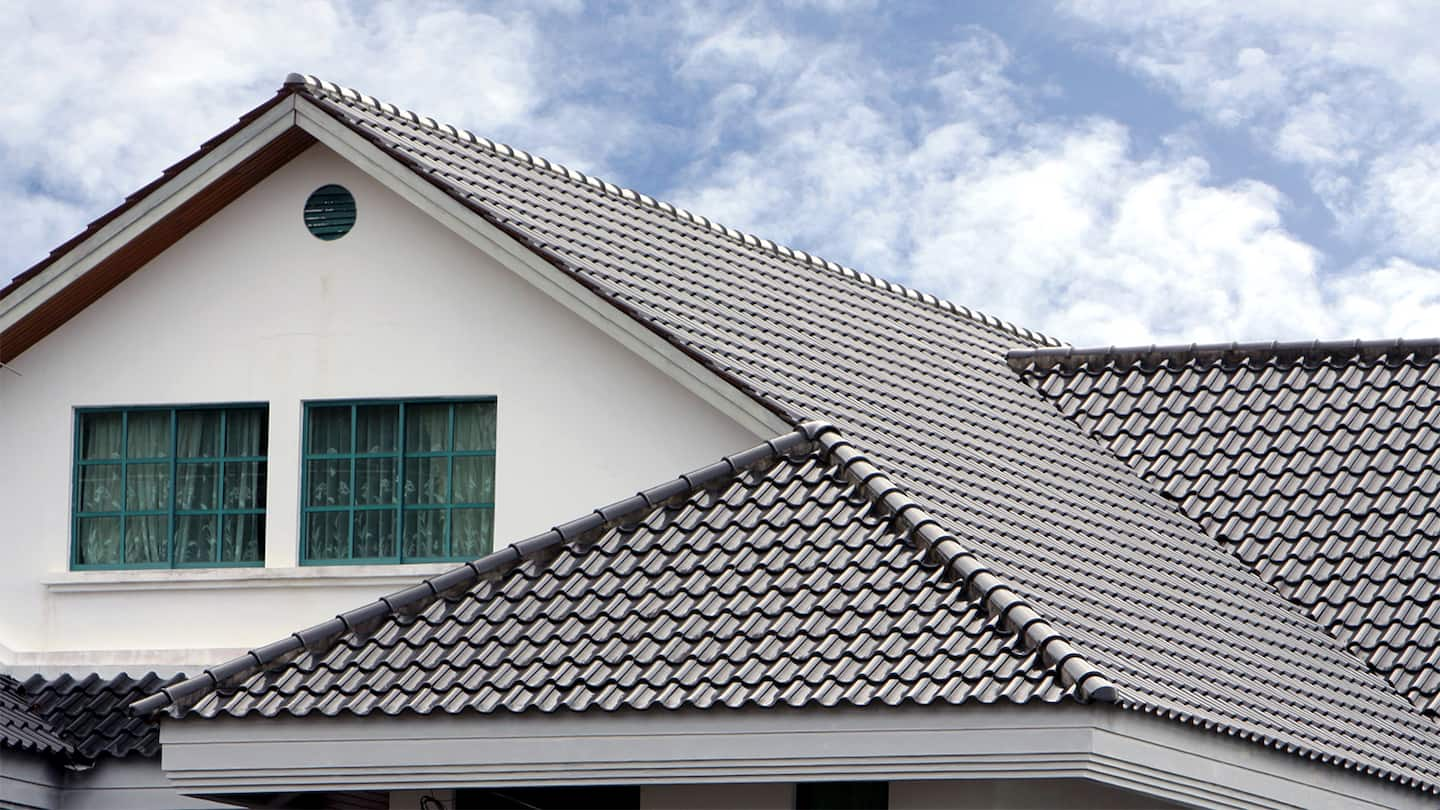What You May Not Know About Window Leaks
What You May Not Know About Window Leaks -Rockville, MD

Is your monthly energy consumption report from your utility company suddenly greater than before? It's natural to question why your monthly expenses are steadily increasing and whether there's anything you can do about it.
One of the most prevalent — and unseen — reasons of higher energy expenditures is window leakage. Leaks not only waste energy, but they also promote the growth of mold and mildew, which may worsen asthma and cause other health issues. If the leak goes into the walls, your wooden supports may decay. You may have foundation difficulties if you pursue the leak a few steps farther. So, what should your first step be?
Investigate the matter.
It all starts with a gut feeling: you pass past a certain window and feel a chill run up your spine. Do you ever feel as though you're being pulled along by someone else? It's time to check your windows for leaks. There are a few solutions available to you in this situation. The most straightforward technique is to do a comprehensive examination of your windows. Is it difficult to close them completely? You may have a leaky sash if they bounce or require extra force to close. Is there any evidence of small holes in the frame's environment? Is there any damage to the glass? Take a few steps back to assess the situation. The candle test comes next if the visual check is negative.
All of your windows and doors, as well as any vents and dampers, should be closed and locked, and any exhaust fans should be turned off. Then take a stroll while holding a little candle. If there are any leaks or drafts, the candle flame will blow to one side. Another idea might be found in the sheers of your curtains. If you hear movement even while the windows are shut, it's not a haunted home; it's a leak. Take a check around the area surrounding your windows the next time it rains. Do the seams of your windows feel moist after a storm?
How did the leak get there?
What's causing the water to drip from your windows? What was the catalyst behind this? With time, windows degrade. Because of the dampness, your wooden windows may have deformed. The sealing components of a window are vital to its functionality and might wear out over time. It's also conceivable that your windows were never installed properly to begin with. A decent window should last a long time, keep you protected from the weather, and help you save money on your utility costs. On the other hand, a leaking window isn't fulfilling its duty.
It’s time to take action.
If you feel your window sealing components are the source of the leak, you may need to re-caulk and weather-strip them. This DIY approach isn't for beginners, but depending on your skill level, it can help you save time.
You may get instructive videos and articles on the internet. Do some homework on resealing before you start. If you want actual peace of mind, don't settle for a band-aid solution. Make a call to the professionals. You can be confident that your windows will last a long time and keep your house pleasant regardless of the weather if you choose qualified and skilled window installers. It's time to take care of the leaks so you can save money on your energy costs and prevent expensive repairs.
Give Restoration 1 of Rockville a call today if you need restoration services due to water damage or mold concerns caused by leaking windows.
